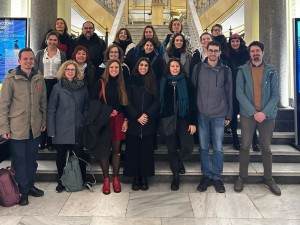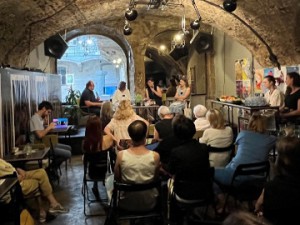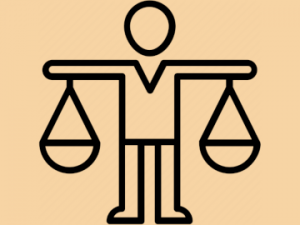Texts and Contexts from the History of Feminism and Women’s Rights. East Central Europe, Second Half of the Twentieth Century
10. 12. 2024 | Gender
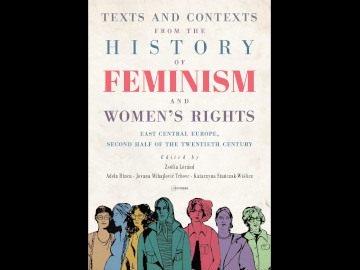
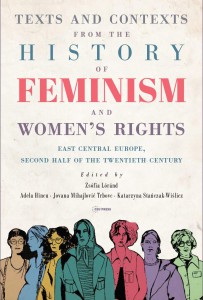 A compendium of one hundred sources, preceded by a short author’s bio and an introduction, this volume offers an English language selection of the most representative texts on feminism and women’s rights from East Central Europe between the end of World War Two and the early 1990s. While communist era is the primary focus, the interwar years and the post-1989 transition period also receive attention. All texts are new translations from the original.
A compendium of one hundred sources, preceded by a short author’s bio and an introduction, this volume offers an English language selection of the most representative texts on feminism and women’s rights from East Central Europe between the end of World War Two and the early 1990s. While communist era is the primary focus, the interwar years and the post-1989 transition period also receive attention. All texts are new translations from the original.
The book is organised around themes instead of countries; the similarities and differences between nations are nevertheless pointed out. The editors consider women not only in their local context, but also in conjunction with other systems of thought—including shared agendas with socialism, liberalism, nationalism, and even eugenics.
The choice of texts seeks to demonstrate how feminism as political thought was shaped and organised in the region. They vary in type and format from political treatises, philosophy to literary works, even films and the visual arts, with the necessary inclusion of the personal and the private. Women’s political rights, right to education, their role in nation-building, women, and war (and especially women and peace) are part of the anthology, alongside the gendered division of labour, violence against women, the body, and reproduction.
Vlasta Jalušič: Abortion, Women, and Politics, p. 651
In the countries of the former Yugoslavia, the right to abortion has been fought for and won throughout a long history. Nevertheless, this right is still occasionally questioned, threatened and debated in political forums and in the streets. Vlasta Jalušič’s text comes from a crucial period in this long history, when an important battle to secure abortion rights in Slovenia began, and at the same time took place against the backdrop of the nationalist politics that prevailed in all parts of Yugoslavia before and after its break-up in 1991.


